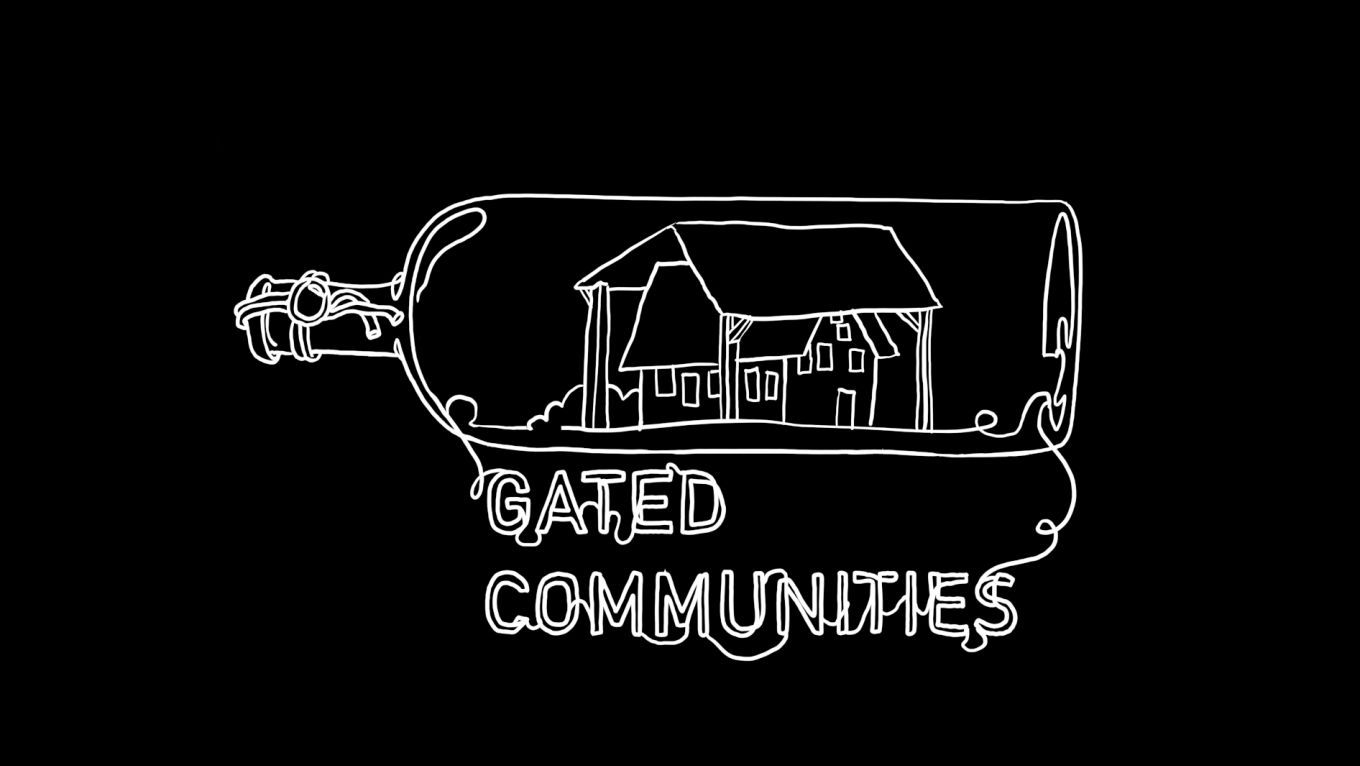Failosophy
G’scheitern
The art of failure taught by improv theatre
„Never ever say no, act your first thought and learn to love mistakes“ – these are the basic rules of improv theatre. I will show how this can be adopted for everyday life.
Improvisational theatre (short „improv theatre“) has a long history but still follows the same basic framework: be open minded and not afraid of yourself and others.
Keith Johnstone, the godfather of this genre, once said: „Good improvisers seem telepathic; everything looks pre-arranged. This is because they accept all offers made – which is something no ‘normal’ person would do.“ They can do so by learning that any mistake can be the origin of something great.
This can also be seen as a hack of the traditional arts form theatre: Create something awesome out of something awful.
The mantra behind is „if you fail, fail smartly“ or as we say in Austria G’scheitern.
There will also be a workshop for those who want to try out some improv theatre methods.
Weitere Infos
| Format | lecture |
|---|---|
| Sprache | Englisch |
Weitere Sessions
| 27.12.15 |
Datahavens have long been discussed as a solution to user security and privacy needs. Instinctively, the idea of physical locations where servers for communications, financial privacy, and other services can work is easily understood and seems appealing. As a founder of the HavenCo datahaven on Sealand in 2000, I saw firsthand the potential and the pitfalls of this approach.
|
| 27.12.15 |
Software design and testing is hard, but what happens when each bug fix can cost months of delay and millions of dollars? In this talk we’ll take a behind-the-scenes look at the challenges in the design of a very complex, yet critical piece of hardware: the modern x86 CPU.
|
| 28.12.15 |
Legend has it, the first iteration of the Secure Sockets Layer (SSL) protocol was broken in ten minutes by Phillip Hallam-Baker and Alan Schiffman during a presentation by Marc Andreesen at MIT in 1994. In the following two decades the protocol has been improved and the implementations have been strengthened, but not without a steady stream of implementation vulnerabilities and protocol design errors. From the ciphersuite rollback attack to LogJam, SSL/TLS has seen a diverse set of problems. In ...
|
| 29.12.15 |
In 2010 I was asked by the second maintainer in a row to take over as new maintainer of the libusb project. The first time I had declined. The second time I accepted, and sadly failed. Eventually a hostile fork emerged, with the explicit goal to take over the original project. I will tell you my story, which mistakes I made and what I learned - about independent and corporate contributors in open source projects, about package maintainers in downstream OS distributions, about trolls on the ...
|
| 30.12.15 |
What do you want? Did you build your web/app for humans or NSA robots? Let's make it usable for human beings. I'd like to show you some basic design mistakes and how to avoid them to improve usability of your web or app. Why? Because it's worth it and I'm good in it.
|
| 30.12.15 |
For the past 3 years I have been delivering a custom-tailored DDoS attacks for organizations that wanted to test out their DDoS defense systems.
|

